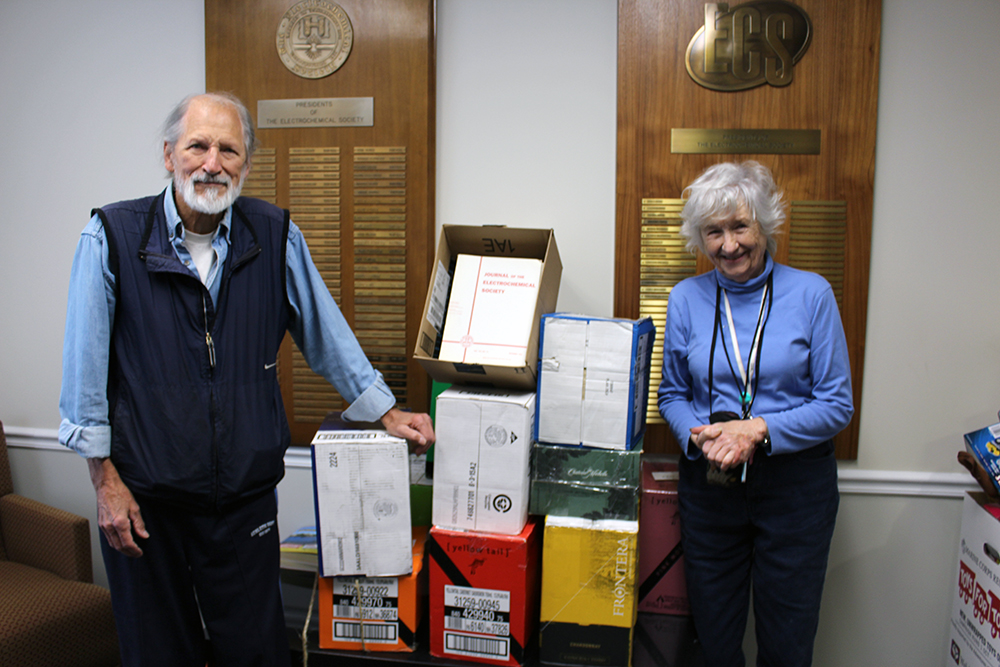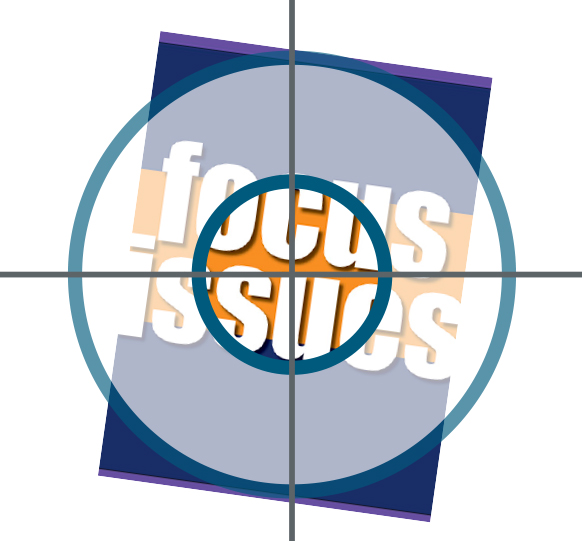 The Journal of The Electrochemical Society (JES) Focus Issue on Mathematical Modeling of Electrochemical Systems at Multiple Scales in Honor of John Newman is now available online, with 72 open access papers published in the ECS Digital Library.
The Journal of The Electrochemical Society (JES) Focus Issue on Mathematical Modeling of Electrochemical Systems at Multiple Scales in Honor of John Newman is now available online, with 72 open access papers published in the ECS Digital Library.
“This focus issue of the Journal of The Electrochemical Society is devoted to the mathematical modeling of electrochemical systems across multiple scales,” the authors say in the focus issue’s preface. “It is dedicated to the work of Professor John Newman from UC Berkeley, who helped establish the field of modeling of electrochemical systems, and is aligned with a previous focus issue and regular symposium on multiscale modeling for electrochemical systems at ECS biannual meetings.”
Newman is a renowned battery researcher and developer of “The Newman Method” — a sophisticated approach to mathematically analyzing complex electrochemical problems. He clarified the physicochemical laws that govern the behavior of electrochemical systems and demonstrated how to use these laws to correctly formulate and solve problems associated with batteries, fuel cells, electrolyzers, and related technologies. He is the author of the book Electrochemical Systems.


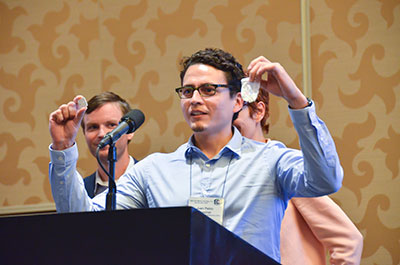
 The journal impact factors (JIFs) for 2016 have been released, and ECS is pleased to announce that the JIFs for the
The journal impact factors (JIFs) for 2016 have been released, and ECS is pleased to announce that the JIFs for the 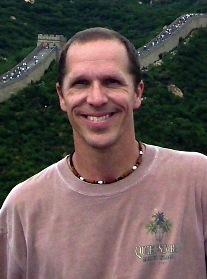 Brett Lucht is a professor of chemistry at the University of Rhode Island, where his research focuses on organic materials chemistry. Lucht’s research includes the development of novel electrolytes for lithium-ion batteries and other efforts to improve the performance of electrolytes for electric vehicles. Lucht has recently been named associate editor for the
Brett Lucht is a professor of chemistry at the University of Rhode Island, where his research focuses on organic materials chemistry. Lucht’s research includes the development of novel electrolytes for lithium-ion batteries and other efforts to improve the performance of electrolytes for electric vehicles. Lucht has recently been named associate editor for the 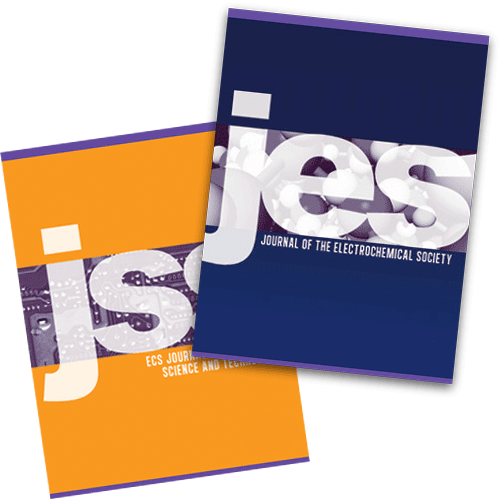 ECS believes that the key to sustainability is the ability to adapt. For over
ECS believes that the key to sustainability is the ability to adapt. For over  The
The 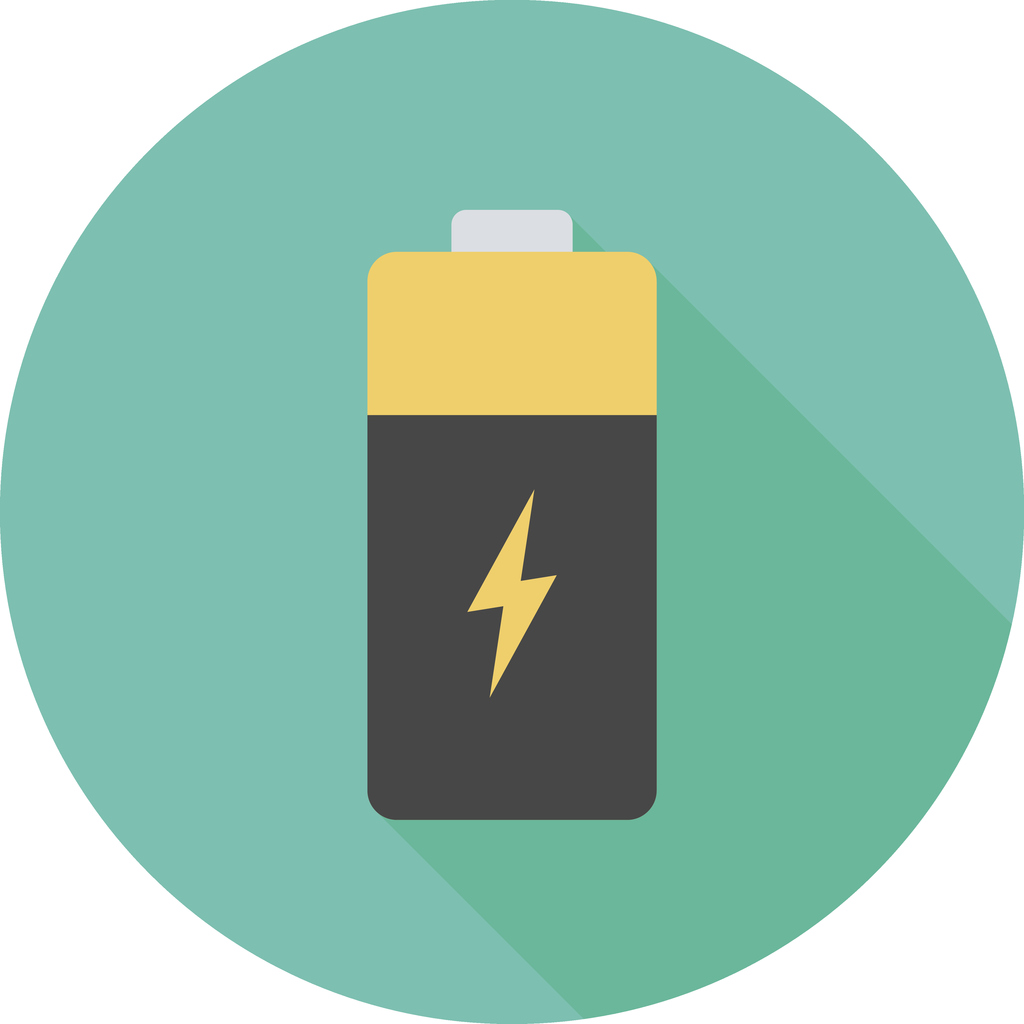 Like all things, batteries have a finite lifespan. As batteries get older and efficiency decreases, they enter what researchers call “capacity fade,” which occurs when the amount of charge your battery could once hold begins to decrease with repeated use.
Like all things, batteries have a finite lifespan. As batteries get older and efficiency decreases, they enter what researchers call “capacity fade,” which occurs when the amount of charge your battery could once hold begins to decrease with repeated use.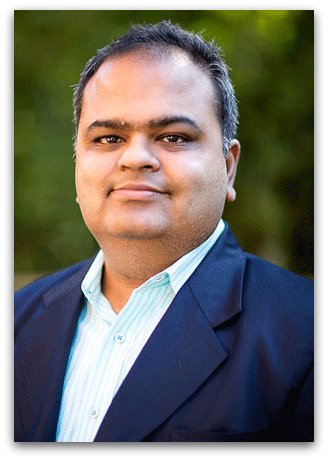 Venkat Subramanian is the Washington Research Foundation Innovation Professor of Chemical Engineering and Clean Energy at the University of Washington. His research efforts focus on computational models to bridge next-generation energy materials to battery management systems. Subramanian has recently been named a new technical editor of the
Venkat Subramanian is the Washington Research Foundation Innovation Professor of Chemical Engineering and Clean Energy at the University of Washington. His research efforts focus on computational models to bridge next-generation energy materials to battery management systems. Subramanian has recently been named a new technical editor of the 